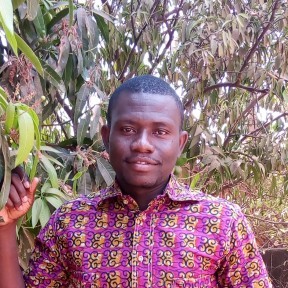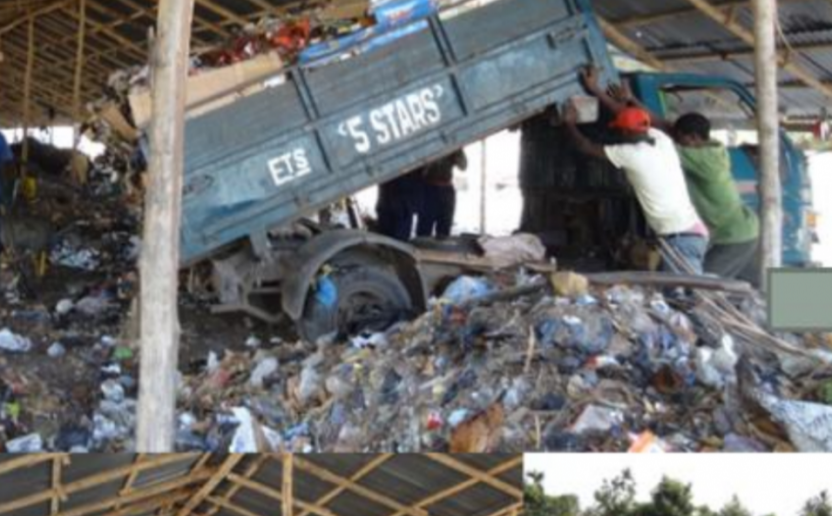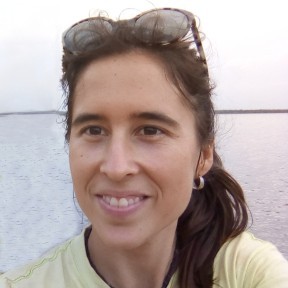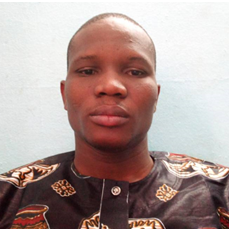FOREVALOR - Multi-country study on conversion of biomass forest residues in Africa
Partners
Main goals
Demand for energy wood (wood charcoal and firewood) in sub-Saharan countries is and has been a direct cause of deforestation and forest degradation. To get a clearer idea of which policies and actions shall be promoted in order to mitigate this challenge, and also how these could be structured and access climate finance, 15 African countries approached the CTCN (Climate Technology Center and Network) through their National Designated Entities (NDEs) for a technical assistance.
In order to address this challenge the CTCN has mandated C&E and S2 Services to conduct a multi-country technical assistance where the overarching goal is to identify the options for economical industrial conversion of forest waste through projects with a significant positive climatic and social impact. Nitidæ’s intervention is to supply a key assistance to the project leaders, by bringing about its experience in West African forest management and in appropriate biomass conversion technologies applied to every study case.
Specific objectives
For each country :
OS1. Characterise of the forest biomass supply chain, and identification of the main sources of forest residues
OS2. Determine of the country’s energy requirements and the potential of the residual forest biomass to fill the demand
Beneficiaries
Results
R1. Forest biomass supply chains are characterized (actors, volumes, geographical location)
R2. The energy potential of residual biomass is evaluated
Activities
A1. Development of implementation planning and communication documents.
A2. Identification of the source of forest residues in the forest supply chain. Identification of hot spots of wastes in the supply chain in order to map the sites where the greatest amount of waste is generated.
A3. Determine the requirements for and availability of technologies for converting the identified biomass resources. Bioenergy technologies to be selected must be specific for feasible solutions according to the specific context of each country
Related people
Julia Artigas Sancho
Process engineer and holder of a European MsC in Renewable energies, she works on energy-related issues in African industry, since 2016. Process optimization and agri-waste-to-energy systems are her main expertise areas: appropriate technologies, training on operation and maintenance, biofuels…
See moreAnthony Guhur
With a degree in "Environment, Earth, Change, Climate", specialised in "Rural Area & Environment" from the University of Bourgogne (co-accredited with AgroSup Dijon), he brings expertise in bioenergy, forestry & agro-environmental projects and in project management
See moreMagloire Sacla Aïde
Design & Mechanical Engineer, specialised in "Energy and industrial technician in mechanical production" from the Ecole Polytechnique of Abomey Calavi (EPAC) in Benin, he brings his expertise in renewable energy including biomass energy recovery and industrial process
See more
Hervé Abbo
Holder of a diploma in Energy Engineering and a master's degree in International Relations, he worked on improved stoves on behalf of organizations such as the Ministry of Energy and GIZ in Benin. Before joining the team, he worked as a Green Energy Project Manager (Recovery of biodegradable household waste into biofuels) for a Benin-French NGO
AFRICOMPOST - Valorising urban organic…





